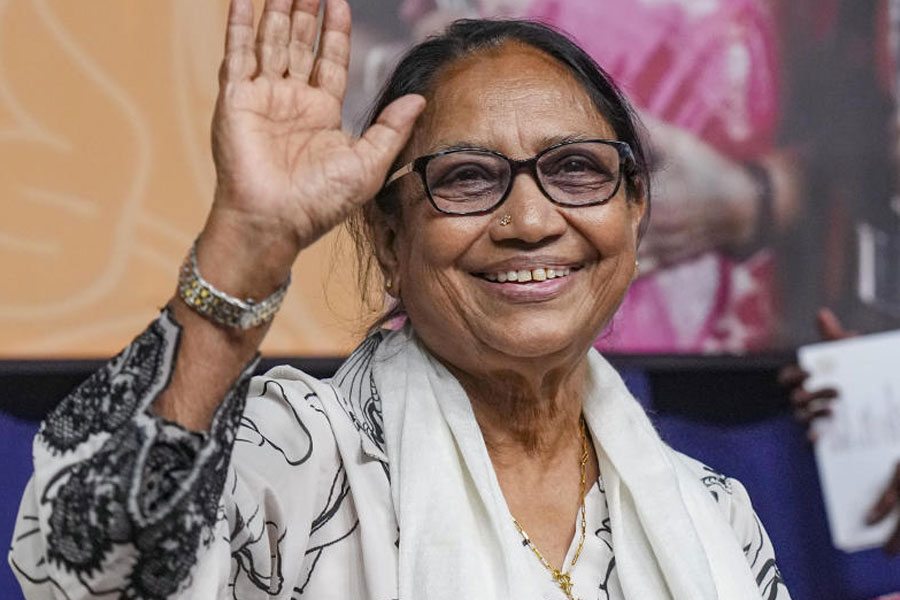The eminent writer and winner of this year’s International Booker Prize, Banu Mushtaq, inaugurating the Dussehra festivities in Mysuru on Monday may have been a reassuring sight for those who believe in India’s pluralist ethos. But the controversy that had erupted ever since the Karnataka government, helmed by the Congress, decided to invite Ms Mushtaq for the event must not be relegated to the margins of the collective consciousness. This is because it mirrored an almost everyday, disheartening reality of New India where religious identity — Ms Mushtaq is a Muslim — ends up polarising and, in the process, weakening the edifice of individual rights. It needed the Supreme Court’s intervention to remove a legal obstacle that was placed on the path of the state government’s inclusive gesture. A petition filed by an individual had alleged that the involvement of a Muslim woman in Hindu religious rituals risks violating the fundamental rights of Hindus. The petitioner’s counsel even said that the author had apparently made offensive remarks against the majority community. The highest court, quite correctly, dismissed the plea by pointing out that the event that Ms Mushtaq had been invited to was a State function and a secular government cannot be expected to discriminate against citizens on the basis of religious identity. The counsel was also reminded of the Preamble to the Constitution whose inclusive spirit seemingly eludes the grasp of a large number of Indians today.
The Supreme Court has laid down an important distinction. It has chosen to prioritise a citizen’s individual right over his/her religious identity. This is a position that is consistent with not only the constitutional framework but also the very idea of India. Yet, it must be conceded that judicial wisdom was necessary to reiterate a principle that is supposedly part and parcel of a secular India. This admission points to the contemporary strain — political, institutional and public — on India’s emasculated secular fabric. It is true that the pressure has increased significantly with the electoral rise of the Bharatiya Janata Party-led government but it must be pointed out that the BJP’s narrow vision of a majoritarian republic holds popular appeal in the country. This is, in turn, the consequence of the failure of secularism’s advocates to make the republic imbibe the conditions and, equally important, associated responsibilities that should have etched inclusiveness on the very soul of India’s political and social fabrics.











